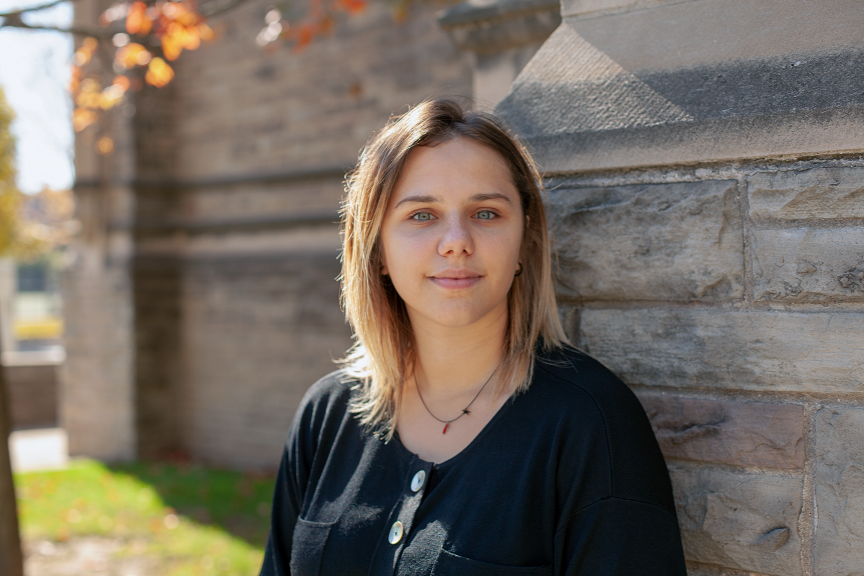School and Clinical Child Psychology
Program Overview
The specific mission of the School and Clinical Child Psychology (SCCP) program is to provide students with theoretical, research, and professional training in preparation for leadership in psychological practice with children, adolescents, and families in school, mental health, private practice, and research settings. Leading to the Master of Arts and Doctor of Philosophy degrees, the program is designed to provide professional training in psychological assessment, therapy, and other psychosocial and instructional interventions, professional consultation, and prevention.
Quick Facts
| Domestic | International | |
|---|---|---|
| Application deadline | MA, PhD: Fall 2024 entry 01-Nov-2023 | MA, PhD: Fall 2024 entry 01-Nov-2023 |
| Minimum admission average | MA: A- PhD: | MA: A- PhD: |
| Is a supervisor identified before or after admission? | MA, PhD: Before | MA, PhD: Before |
| Is a supervisor assigned by the graduate unit or secured by the applicant? | MA, PhD: Graduate Unit | MA, PhD: Graduate Unit |
| Are any standardized tests required/recommended? | MA, PhD: NA | MA, PhD: NA |

“The Cinema Studies Institute allows you to stimulate your imagination.”
- Stefania Galbiati
- International Visiting Graduate Student, Cinema Studies
